Filter(s)
Showing 1 - 20 of 1140 Facilities
23andMe Inc.
A O Fox Tri Town Campus Laboratory
A2Z Diagnostics, LLC
AAA Gastrointestinal Associates, PC
Access DX Laboratory, LLC
Access Genetics LLC - Clinical Laboratory
Accu Reference Medical Lab LLC
Accupath Diagnostic Laboratories Inc
Accupath Diagnostic Laboratories Inc
ACM Medical Laboratory Inc DBA ACM Global Laboratories
ACULABS, Inc
Acupath Laboratories Inc
Acutis Diagnostics, Inc
Adaptive Biotechnologies Corporation
Adirondack Medical Center
Admera Health LLC
ADSCIS LLC
Advanced Breath Diagnostics dba Cairn Diagnostics
Advanced Comprehensive Laboratory LLC DBA TOPLAB
Advanced Immigration Genetics
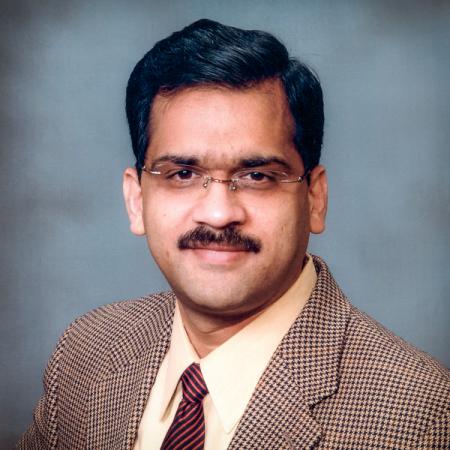
Rajendra K. Agrawal, PhD
Director, Division of Translational Medicine, Wadsworth Center
We study mechanisms of protein biosynthesis in bacterial and eukaryotic cells, with a goal to understand bacterial drug resistance and identify new drug targets, using biochemical and high-resolution 3D cryo-EM techniques.
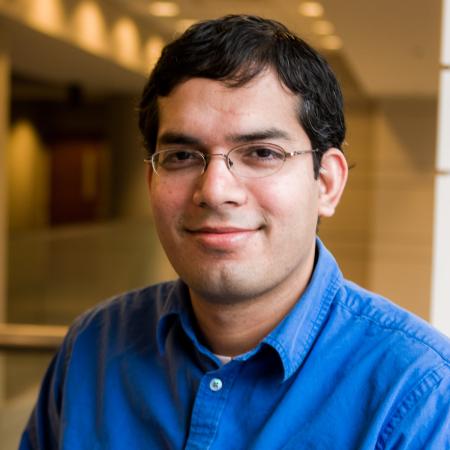
Nilesh Banavali, PhD
Structure-based Therapeutics for Infectious Diseases
We use NextGen sequencing to determine frequencies and sequence dependence of polymerase errors, and computational methods for drug design, structure prediction, and elucidating chemical and conformational mechanisms.
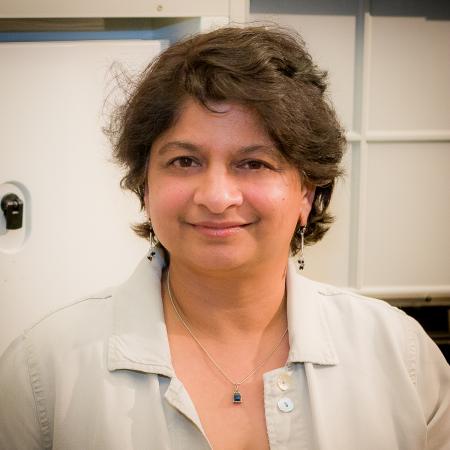
Sudha Chaturvedi, PhD
Director, Mycology Laboratory
We develop new technologies for fungal diagnostics and pathogenic mechanisms of Cryptococcus gattii and Pseudogymnoascus destructans, the etiologic agents of human cryptococcal meningitis and bat white nose syndrome, respectively.
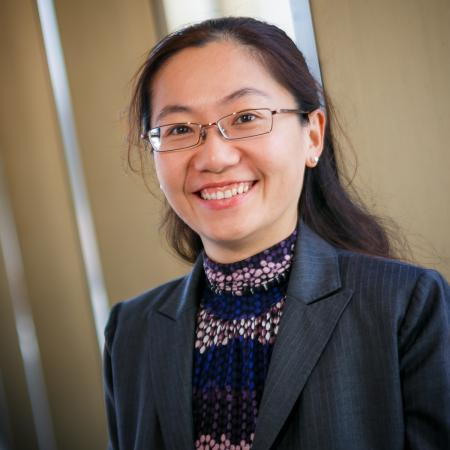
Yu-Fen (Kathy) Chou, PhD
Director, External Systems Quality Unit, Newborn Screening Program
Newborn Screening Program: We develop data visualizations and reports for public health surveillance. We provide education and work collaboratively with external stakeholders to improve the overall quality of the newborn screening system in NYS.
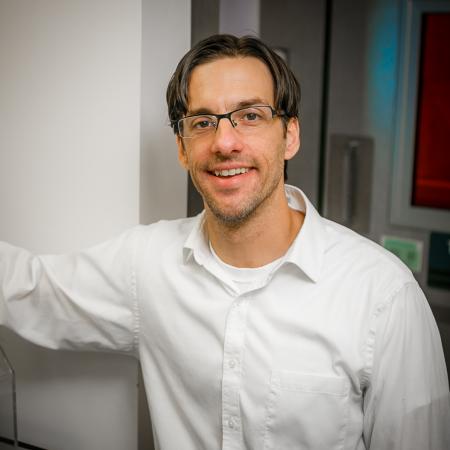
Alexander T. Ciota, PhD
Director, Arbovirus Laboratory
We study arbovirus adaptation and vector-virus interactions, focusing on West Nile virus and Culex mosquitoes. Areas of interest include mutant swarm dynamics, mechanisms of adaptation, microbial interactions and vectorial capacity.

Richard Cole, MA
Director, Light Microscopy Core
Core personnel work along side investigators to develop imaging strategies and image analysis protocols needed to solve their research questions.
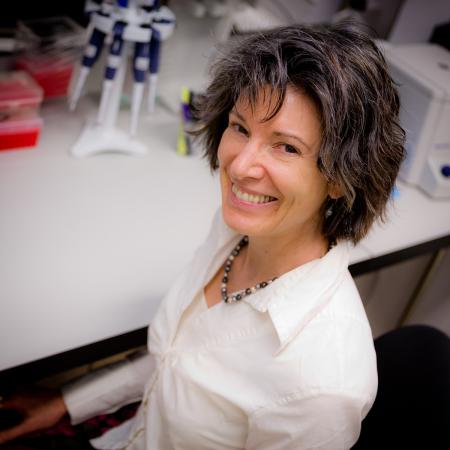
Jan E. Conn, PhD
Vector Biology and Population Genetics
We investigate ecological and genetic adaptation of Anopheles malaria vectors to environmental factors that impact vectorial capacity, population genetics/genomics, ecology and behavior, and novel ways to monitor and control vectors.
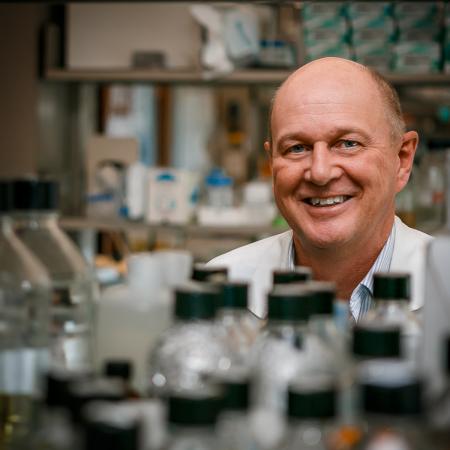
Keith M. Derbyshire, PhD
Associate Director for Research and Technology
We study mycobacteria and use molecular genetic approaches to investigate: global gene expression, at both transcriptional and translational levels; the mechanism of distributive conjugal transfer; and synthetic genetic interactions.

Ye Ding, PhD
RNA Bioinformatics
We are engaged in algorithms and software tool development for the prediction of RNA secondary structure and their applications to understand mechanisms of regulatory non-coding RNAs, with a recent focus on microRNAs and small bacterial RNAs.

Christina Egan, PhD
Chief, Biodefense and Mycology Laboratories
We focus on the development and validation of assays to detect pathogens and toxins associated with bioterrorism or food-borne disease. We utilize methods such as real-time PCR, whole genome sequencing, and mass spectrometry for rapid detection of agents.

Robert L. Glaser, PhD
Director, Division of Laboratory Operations
The Division of Laboratory Operations oversees the Wadsworth Center's operations at five facilities in the Albany area, totaling ~900,000 square feet of space and over 210 acres of real estate.

Todd Gray, PhD
Molecular Genetics of Mycobacteria
We use innovative molecular genomic approaches to address fundamental questions of mycobacterial biology. Our findings shed new light on the evolution and function of mycobacterial genomes, accelerating tuberculosis research.
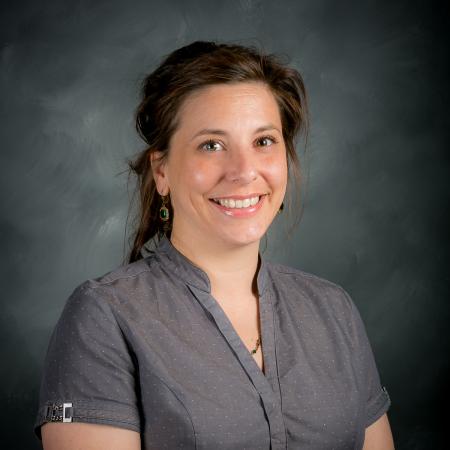
Denise M. Kay, PhD
Director, Newborn Screening Program
We screen infants born in New York State for more than 50 conditions at birth and study the genetics of diseases affecting infants and children.

Matthew J. Kohn, PhD
Director, Tissue Resources Program
The Tissue Resources Program oversees all tissue banking activities and services provided in New York State, from donor solicitation to clinical use.

David A. Lawrence, PhD
Neuroimmunology and Immunotoxicology
We study the immunological aspect of the system biology effects from genetic susceptibilities and environmental stress defined as the exposome on autoimmune diseases, immune deficiencies, and neurodegenerative and neurobehavioral illnesses.
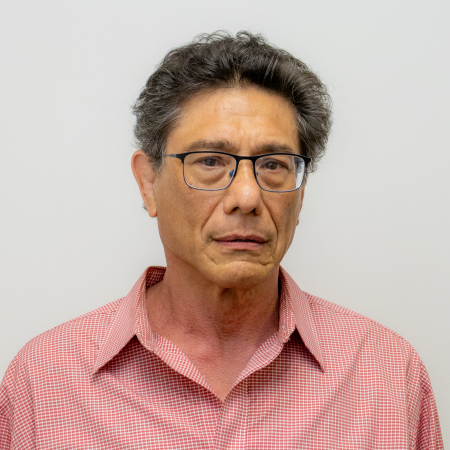
William T. Lee, PhD
Immunological Memory and Diagnostic Immunology
The goal of our research is to characterize the differences between antigenically naive (virgin) and memory T helper cells at the developmental, phenotypic and functional levels.
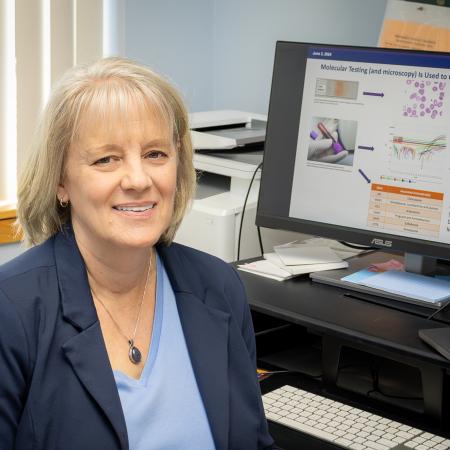
Susan Madison-Antenucci, PhD
Director, Parasitology Laboratory
My laboratory develops improved methods of detecting, identifying and characterizing parasites that infect humans, as well as investigating pathogenicity and sources of infection.
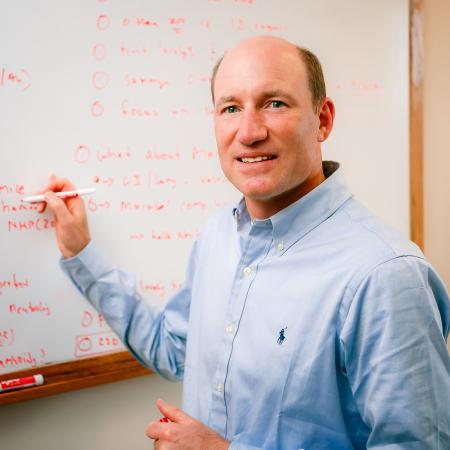
Nicholas J. Mantis, PhD
Chief, Microbial Pathogenesis and Immunology
We study how serum and mucosal antibodies protect mammalian hosts from microbial pathogens and toxins. We are interested in next-generation vaccines and adjuvants to combat biothreat agents and enteric diseases.
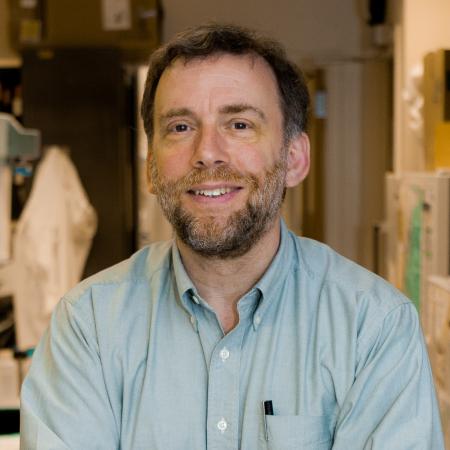
Paul Masters, PhD
Molecular Genetics of Coronaviruses
We use genetics and molecular biology to learn how coronaviruses, a family of RNA viruses including the agents that cause SARS and MERS, replicate their genetic material and assemble into virions during infection.
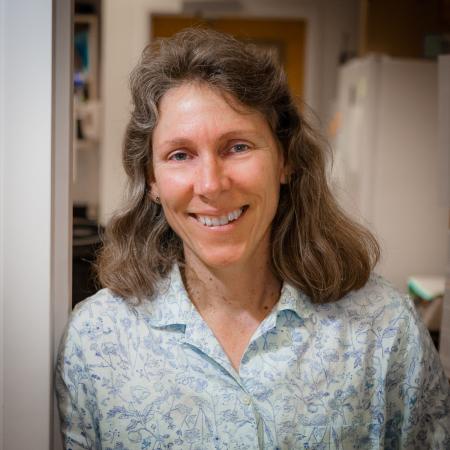
Kathleen A. McDonough, PhD
Director, Division of Infectious Disease
We study gene regulation in the context of bacterial pathogenesis, with a focus on two pathogens: Mycobacterium tuberculosis, the bacterium that causes TB, and Yersinia pestis, the etiologic agent of bubonic and pneumonic plague.